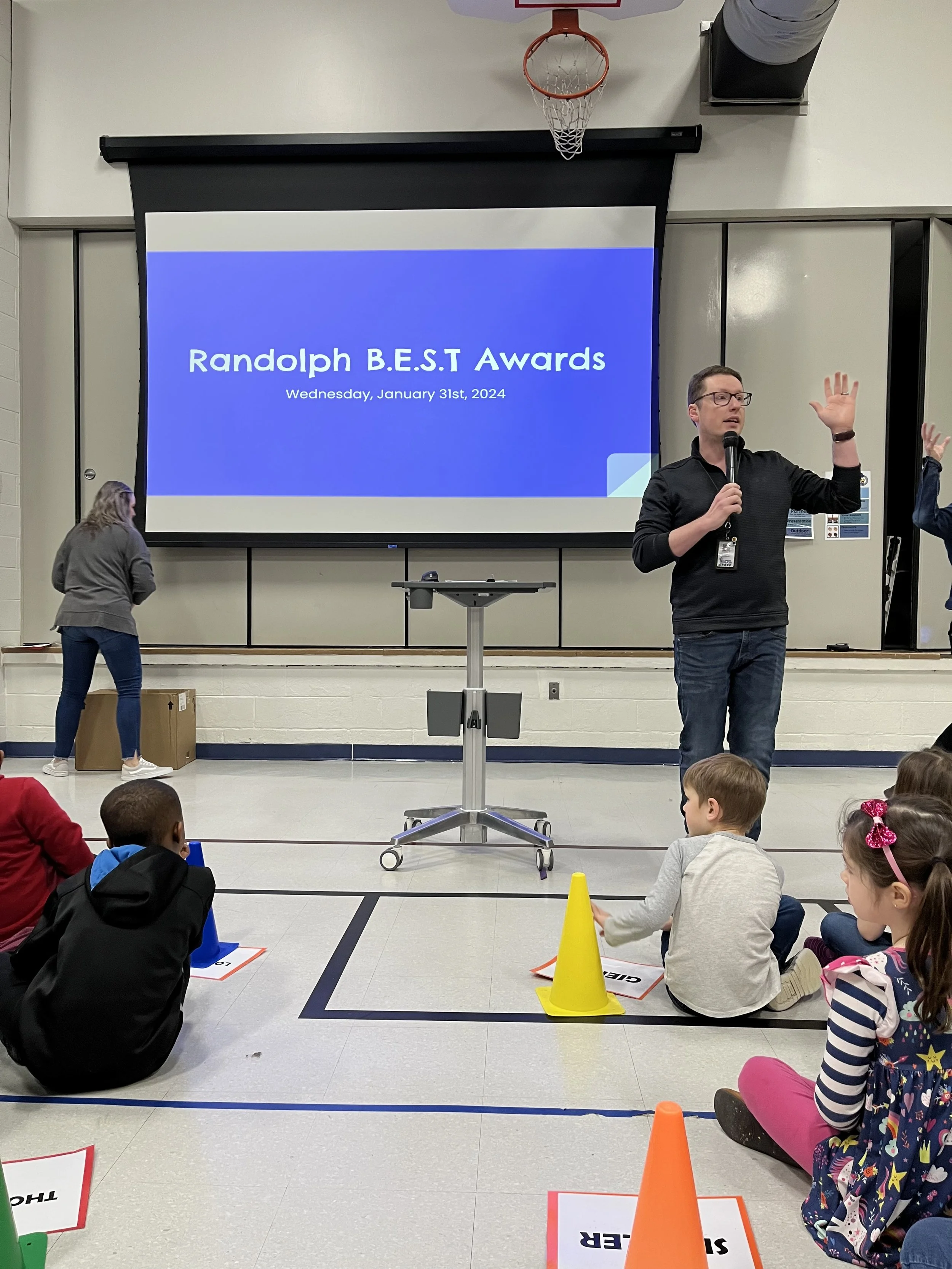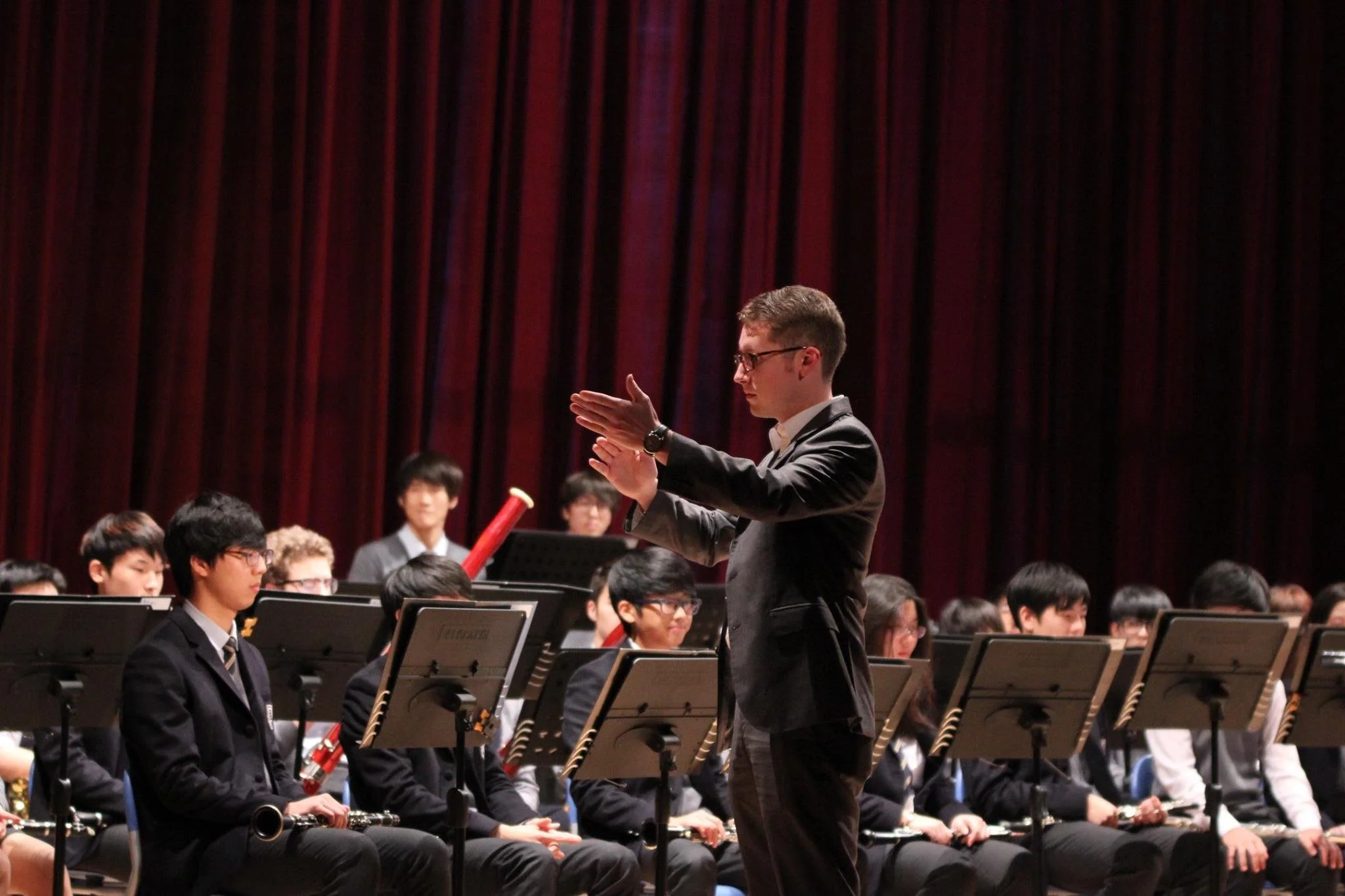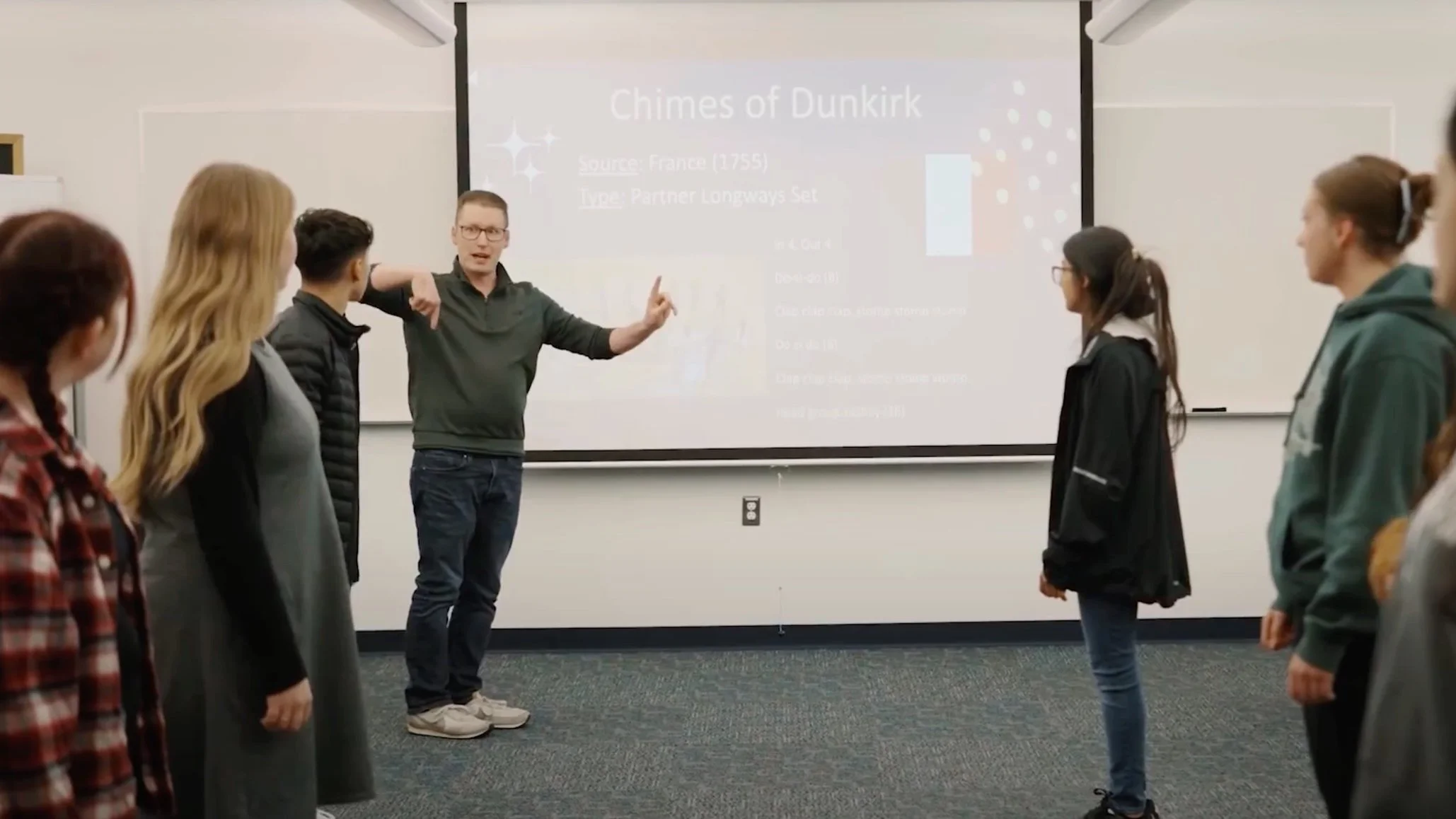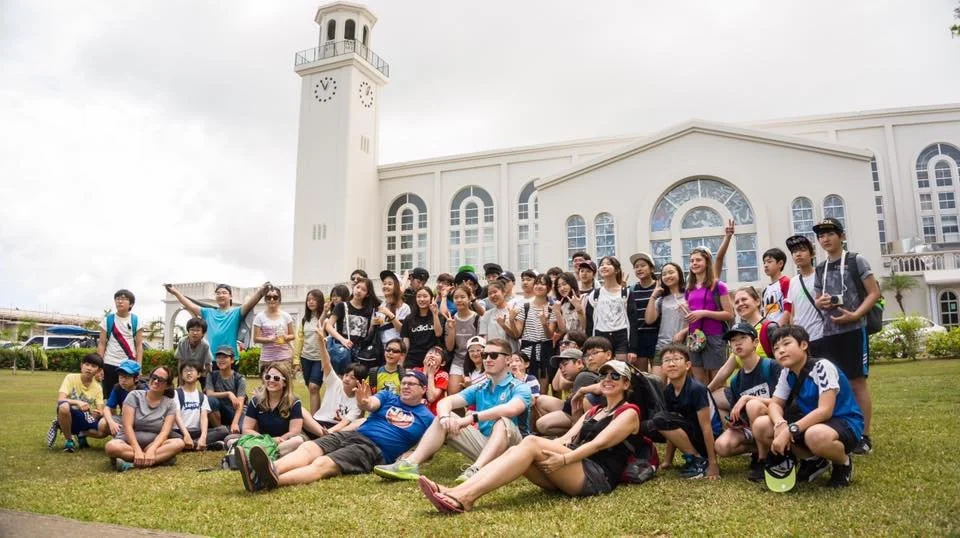About Dr. Bottorff
I am an educator, scholar, and leader committed to building equitable, inclusive, and developmentally responsive learning communities. With over 15 years of experience in education across K–12 and higher education, I bring a uniquely global and arts-integrated perspective to my work as a teacher, teacher educator, and school administrator.
In 2025, I earned my Doctor of Education (EdD) in Educational Leadership, completing a qualitative case study that examined the design and implementation of advisory programs in secondary schools. My research illuminated a critical tension between the stated holistic goals of advisory models and their actual implementation. I continue to explore how schools can more intentionally align advisory practices with adolescent identity development, social-emotional learning, and student agency.
As a researcher, I have a myriad of research interests from advisory, educational leadership, school organization, school culture, music education and arts integration, and special education
Music Education
My teaching career began in elementary and secondary music education, where I developed inclusive general music, band, orchestra, and choir programs that served a broad range of learners. One of the most enduring aspects of my work has been designing and delivering music instruction for students with disabilities, including those in self-contained and mainstreamed classroom settings.
My commitment to inclusive arts education earned me the distinction of Michigan Music Teacher of the Year (2023), awarded by the Michigan Music Education Association. This honor reflected not only my classroom teaching but also my work in professional development, where I have supported other music educators in adapting their instruction to better meet the needs of students with disabilities. My alma matter wrote a lovely piece that you can read here.
Through ongoing collaboration with special educators and paraprofessionals, I have advocated for asset-based, multi-modal approaches to music learning that center student voice, creativity, and accessibility. My classrooms have prioritized belonging, adaptive communication, and sensory-responsive pedagogy—values I now carry into broader conversations about inclusive schooling.
Guiding the Next Generation of Educators
In addition to my K–12 work, I currently serve as a lecturer of education, where I teach undergraduate coursework in arts integration, instructional design, and equity-centered teaching practice. My role focuses on preparing future educators to teach creatively, responsively, and reflectively in diverse classrooms. This, along with my work in the K-12 schools earned me recognition as a 2024 University of Michigan Difference Maker
Within these university courses, I emphasize interdisciplinary learning, culturally responsive pedagogy, and Universal Design for Learning (UDL). I help aspiring teachers build the confidence and competence to use the arts not only as enrichment but as essential modalities for meaning-making, identity expression, and inclusive instruction.
Beyond the classroom, I mentor pre-service teachers during practicum experiences and collaborate with colleagues across departments on program improvement efforts. I view this work as both scholarship and service: a means of shaping the next generation of educators in ways that reflect the profession’s evolving responsibilities and possibilities.
Research
My doctoral research focuses on the design and implementation of secondary school advisory programs—a timely and understudied area in the landscape of student support and school culture. Through a multi-case study approach, I investigated how educators interpret and enact advisory curricula and how these practices align—or fail to align—with the stated developmental goals of advisory programs.
The study revealed a systemic tendency toward skills-focused alignment, wherein advisory periods are narrowly framed as sites for academic intervention or college and career preparation, often at the expense of identity development, relational support, or socio-emotional learning. My findings contribute to the field’s understanding of how advisory programs can become more student-centered, culturally sustaining, and aligned with holistic educational goals.
As I continue to develop this line of inquiry, I am interested in publishing practitioner-facing and scholarly work that offers concrete frameworks for reimagining advisory through the lenses of youth development, belonging, and an ethic of care. I believe advisory, when done well, can be a cornerstone of caring and humanizing school design.




